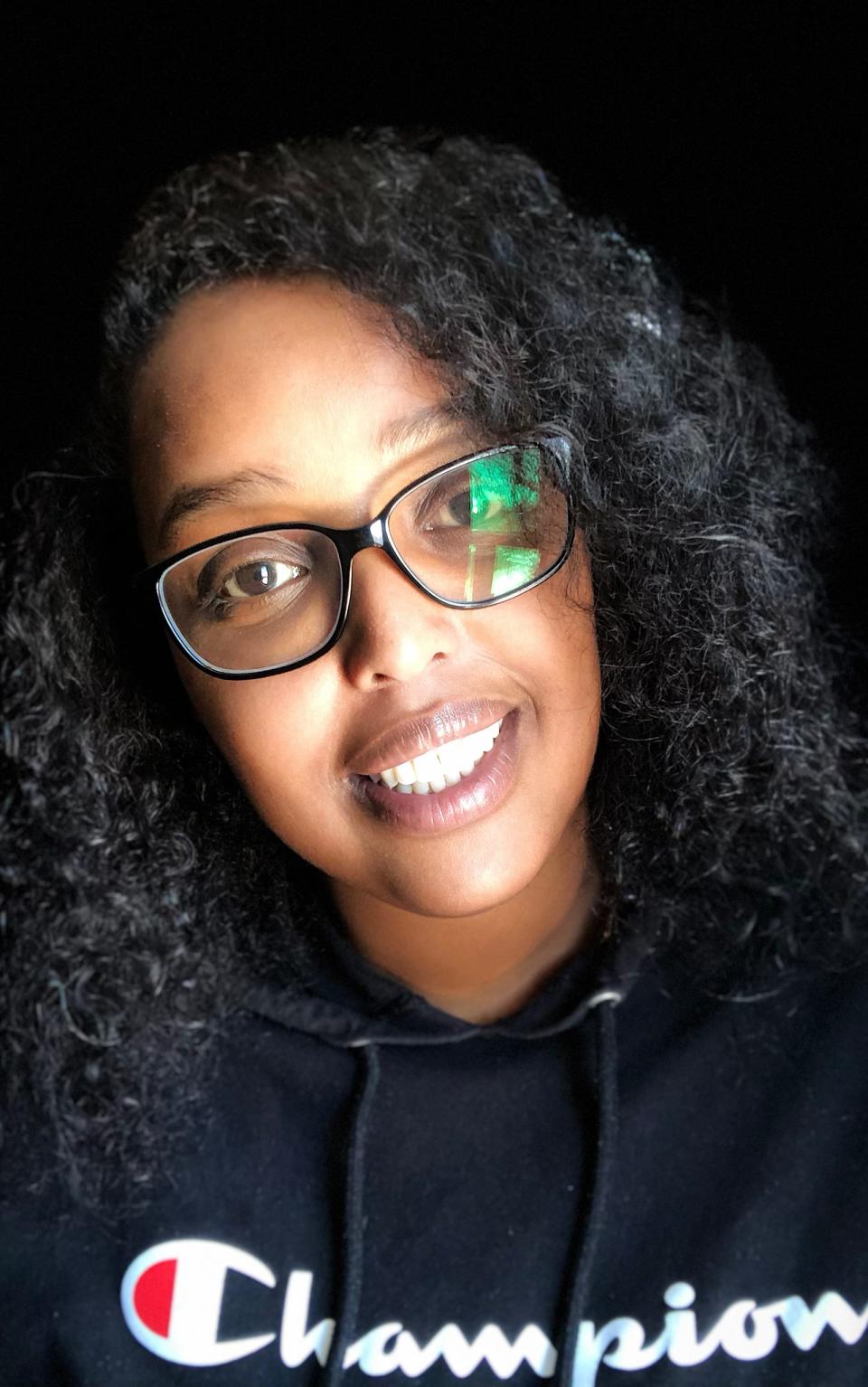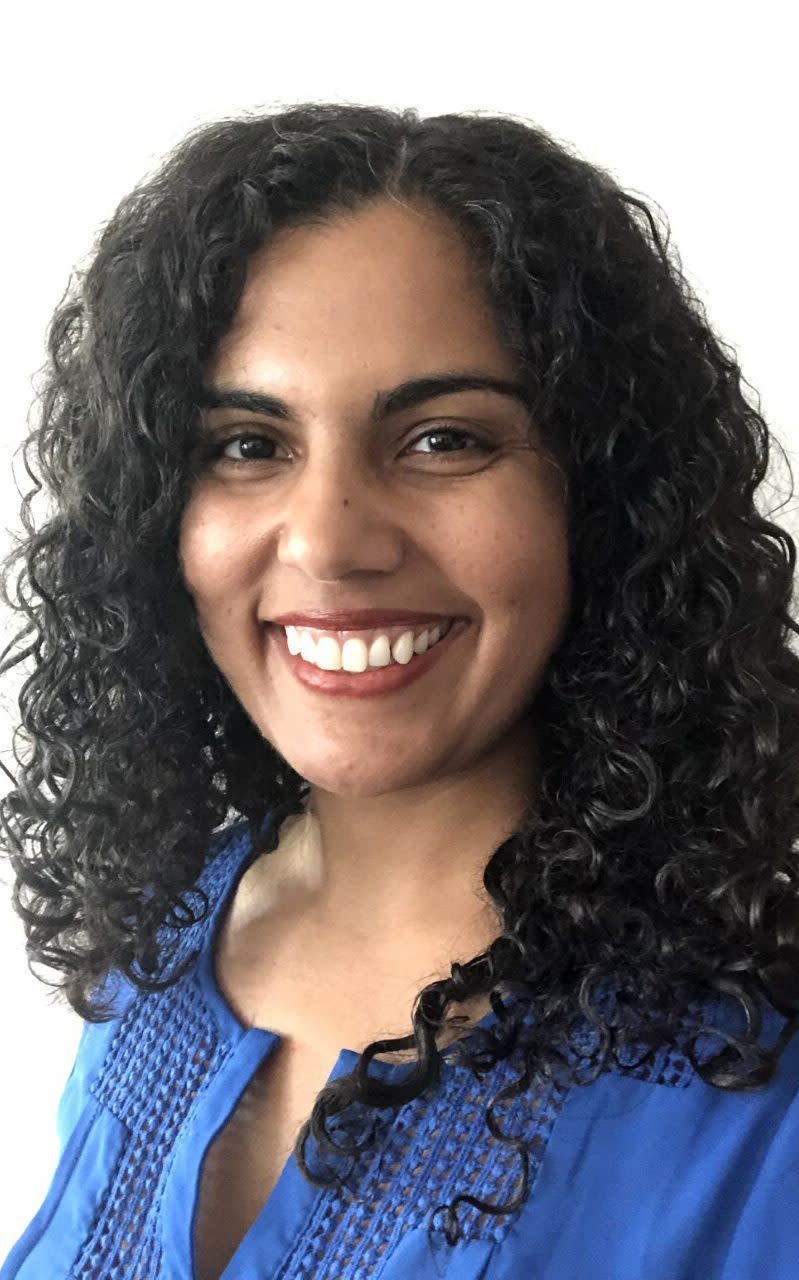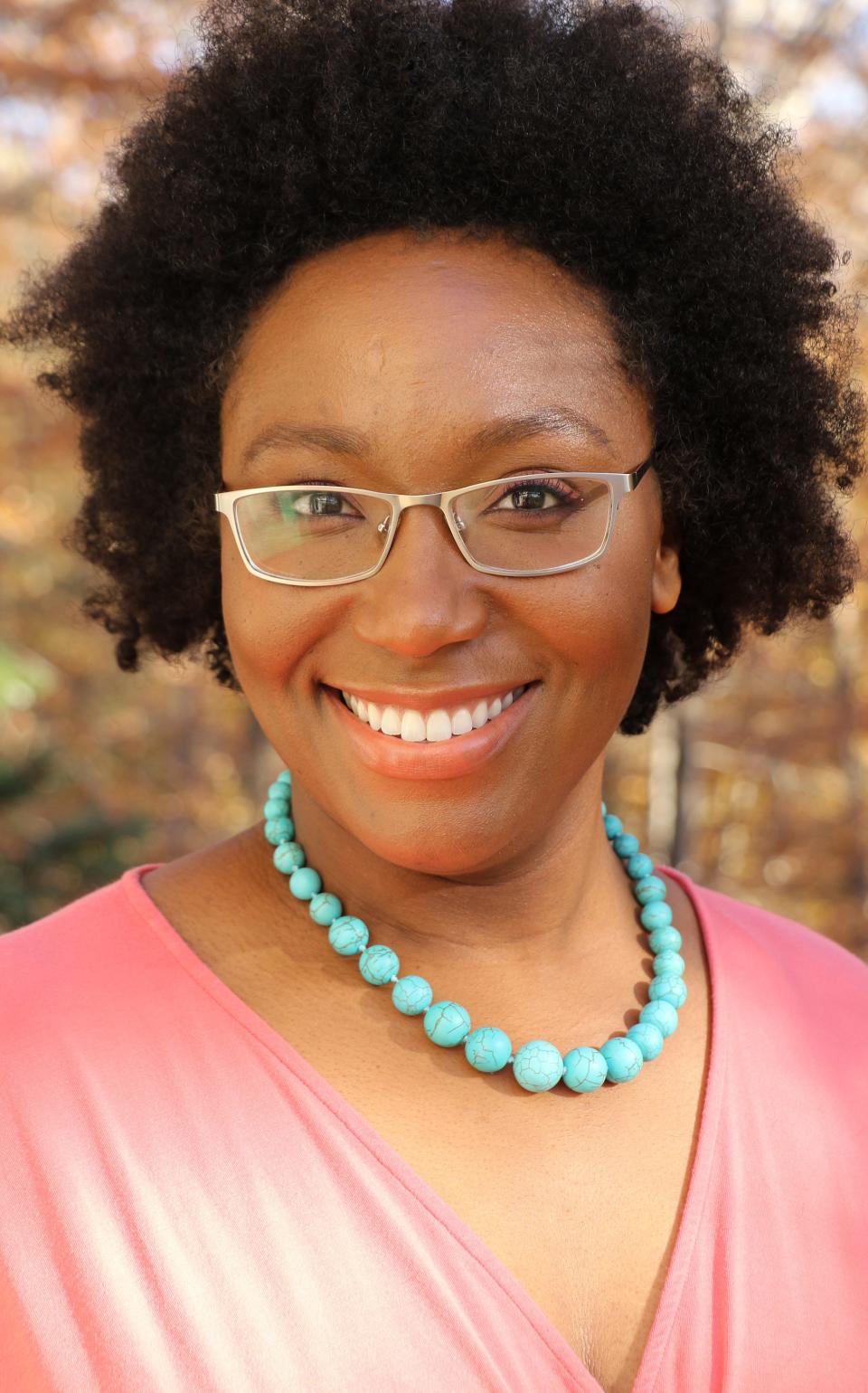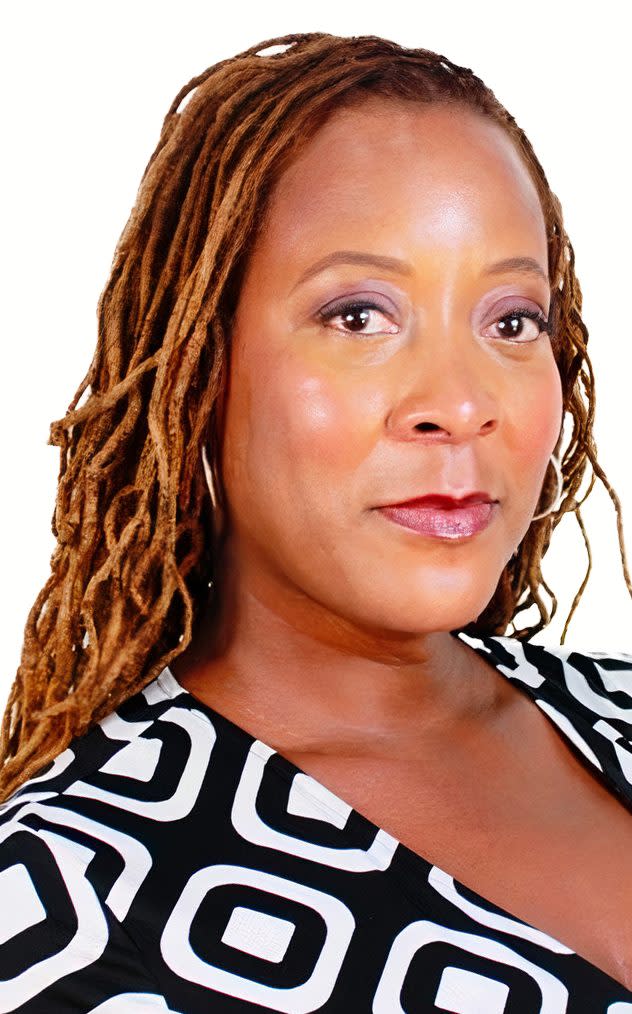How to update your résumé for the COVID era
Welcome to Worksheet, a newsletter about how people are working smarter in these turbulent times.
In this week's edition, S. Mitra Kalita takes a look at how resumes need to change, from formats to skills to the target audience.
There are an estimated 10 million job openings in the U.S. right now, and employers are struggling to fill them. Thanks to a shortage of applicants and fewer in-person interviews, your résumé is doing more work than ever.
I recently interviewed Marc Cenedella, the founder and CEO of Ladders Inc., a search site for jobs paying more than $100,000, to get his take on the importance of résumés. Last year, he founded Leet Resumes, which writes resumes for free and has a useful section on résumés that work versus those that don’t. There’s some pretty stark examples here.
One thing Cenedella said (that I have been telling anyone looking for work recently) is to remember the audience of your résumé. “People often write their résumé about how it felt to be them,” he told me. “What a résumé reader wants to know is what it felt like to be your boss.”
Inspired by this advice, I asked a bunch of bosses to tell me what they like (and don’t like) to see in the pile of résumés given COVID-19’s impact on the workforce. Some topline trends:
Quantify, quantify, quantify.
Video résumés are growing in popularity, both a replacement for in-person meeting and because we’re spending so much time on Zoom.
Emphasize collaboration in remote settings.
Edited excerpts:
Hana Hassan of Blackmaple.io

Make it compelling and concise.
A simple guide: Who are you? What have you done/accomplished?
Cat Bradley, co-founder of job-hunting site UCandu

Don't describe your job, describe the value you brought as a result of your work. Outcome-based resume descriptions help a potential employer to picture what you can accomplish for them more than recounting your responsibilities.
Ex:
Marketing: Increased marketing qualified leads by 30%
instead of:
Marketing: responsible for all social media, lifecycle campaigns, and blog copy.
One describes the value you brought, the other describes your responsibilities.
Deepak Patil, SVP of APEX Engineering at Dell Technologies

We haven’t worked face-to-face since the beginning of the pandemic, and many people on our team are new to the company and hired within the last year. Our team needs software engineers that are skilled at building connections and driving results across teams and geographies. This combination will remain critical as we enter into new hybrid ways of working. Tell us about your last great idea that came from a virtual whiteboarding session. How did teaching or learning from your team help you build an application using software that’s new to you? Have you supported peers in other parts of the world who are navigating local challenges, like a surge in COVID-19 cases?
We are looking for a combination of ingenuity, empathy and teamwork to come through from candidates we are evaluating for software engineering positions at Dell.
Sushil Cheema, executive coach

There are of course, the usual suspects, such as typos and grammatical errors, that are a huge red flag, especially in industries and jobs where excellent written and verbal communication skills are required. Even unprofessional email addresses — or the use of certain email providers such as AOL — can raise eyebrows. And these days, it’s crucial to include a mention of your LinkedIn profile.
But relevancy is the biggest key. Consider that the resume should tell a story — and that story should be directed to a particular position. While cover letters are the place to really tell a hiring manager why you want to work at their company and how your background and skill set will help them achieve their objectives, a resume should also be tailored for a particular job. You don’t necessarily need to recreate your resume for each job you apply to, but you should certainly make sure that what you include is relevant. Cut whatever is extraneous. Such thoughtfulness shows interest.
For example, in my case, if I were applying for legal editing jobs or trying to attract lawyers as coaching clients, I would be sure to highlight my law degree. However, that experience is of less interest to clients who work in digital marketing or finance. I would certainly find a way to keep it on my resume, but I would highlight other areas, such as my work covering personal finance or working at startups, to connect.
Phoebe Gavin, career coach

Your bullets are important but it's your layout that makes or breaks your resume. So much of the recruiter's decision making process is subconscious. Nothing affects the human subconscious like design.
Make sure your design makes it easy for them to find what they're looking for and keep reading without getting confused, overwhelmed, or distracted.
Dara Marshall, executive business director at Landor & Fitch

Resumes should be like a movie trailer…informative and quickly absorbed. A results-oriented review of your career will demonstrate the depth and breadth of experience while hitting those key words or phrases that are specific to the role. It’s a tightly edited curation of your career choices and successes that will get noticed in the roughly six seconds spent on each submission. Also TikTok has made video interviews a potential new avenue to a more personalized introduction.
Visit Fortune’s SmarterWorking Hub presented by Future Forum by Slack. And read more here:
IBM’s new path to a six-figure job no longer requires a college degree.
Smile! Humor may be the missing ingredient at work right now.
Right now, it’s all about the side hustle.
Why an immigrant mindset is such a valuable asset during COVID.
The great big (and confusing) return to the office is beginning.
This story was originally featured on Fortune.com
